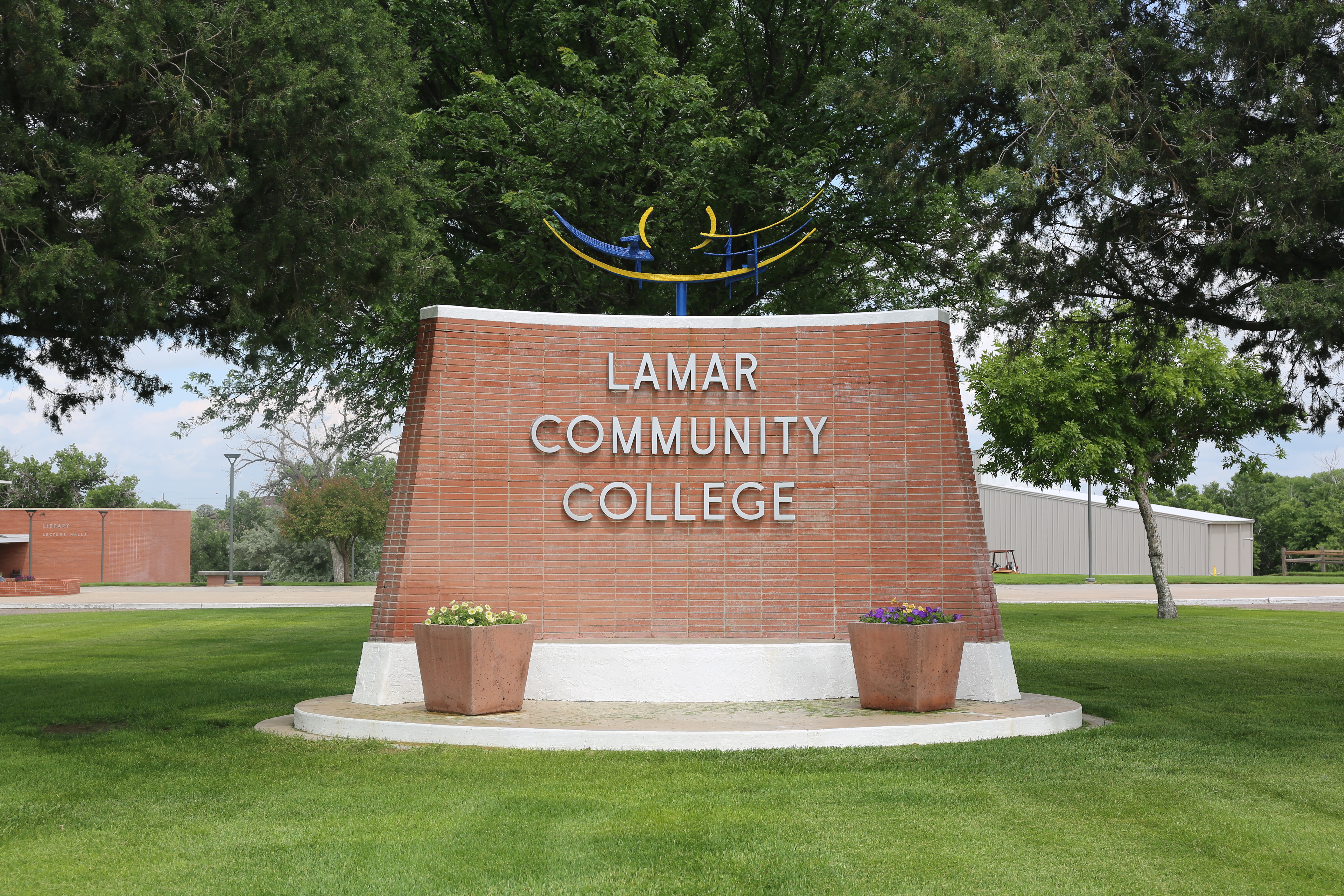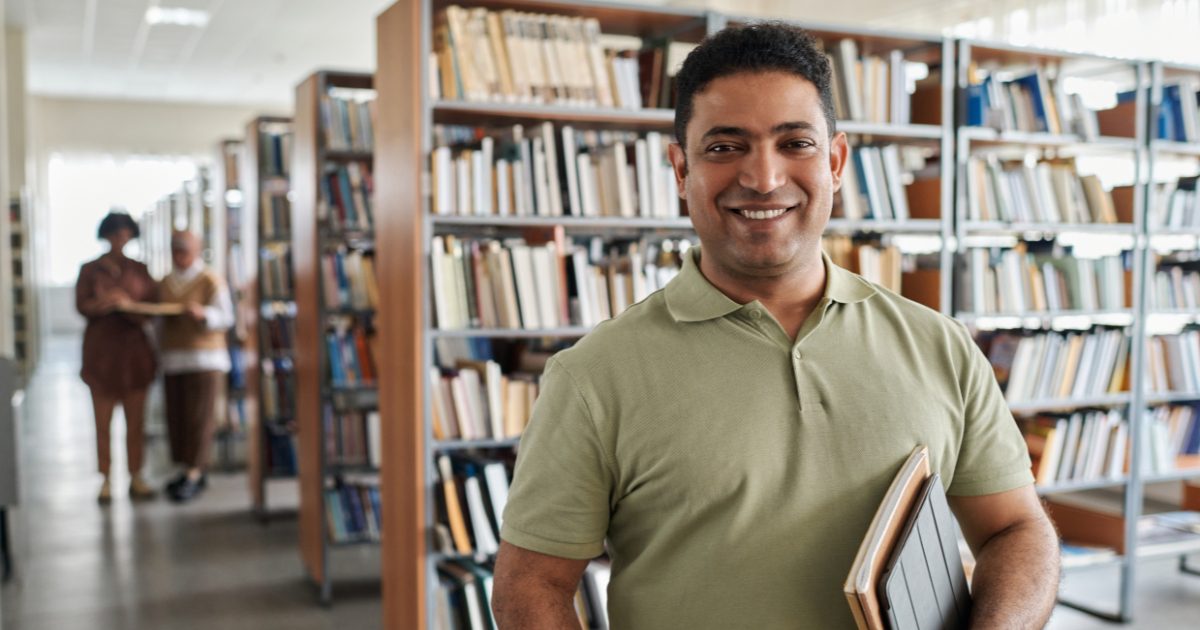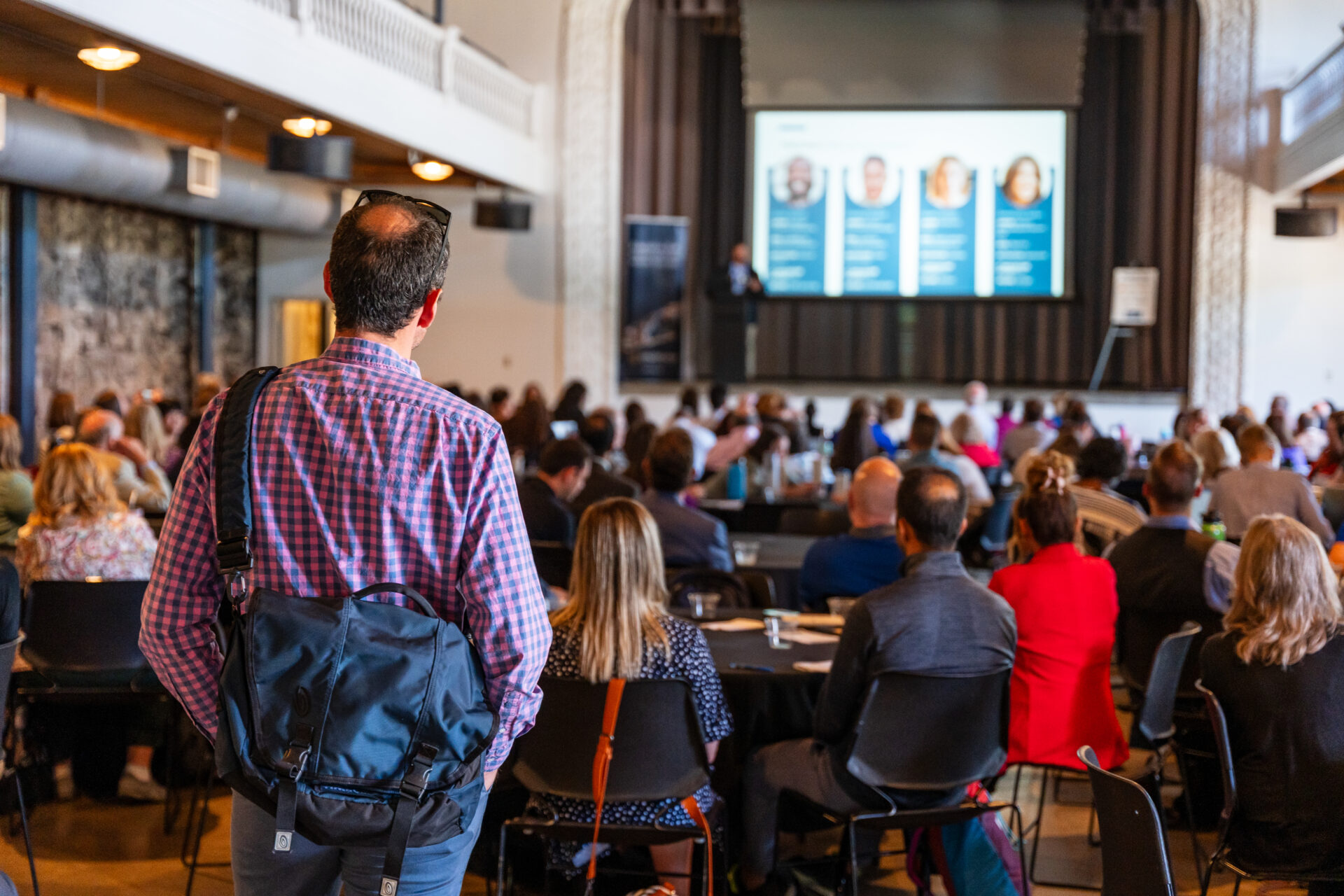For Open Education Week, the Colorado Community College System is spotlighting faculty and instructors embracing the power of Open Educational Resources (OER). Kelly Jo Eldredge, Department Chair of Theatre Arts and Dance at Red Rocks Community College, OER is enhancing her students’ learning experience.
When did you first hear of OER? When did you decide to incorporate it?
It must have been just before the Fall of 2020. I took two online courses to learn more and decided to incorporate OER into our theatre classes that semester.
What are some of the advantages of using OER for you and your students?
The biggest advantage is that it’s easy to update constantly. There are new innovations and new productions happening all the time in the theatre world. All of us in the class are acting like researchers creating the ultimate textbook for the next class. We are learning to ask questions like: Who isn’t represented here? What were regular people doing for entertainment while rulers were seeing fancy theatre? How did different cultures begin to influence each other artistically? We get to search for answers together.
What are some ways you have used OER in your lesson plans?
I wasn’t happy with the existing OER textbooks for theatre, so I started slowly developing my own and compiling the information in Microsoft Sway presentations. There are a lot of wonderful, scholarly resources online, and our RRCC Library is also able to connect us to great material—especially videos and articles. I incorporate links right into the Sways, which have become presentations for class and a dynamic textbook of sorts. My next step, starting this summer, is to begin to create an OER textbook to accompany the Sway presentations.
Can you share a success story?
I’ve created over 80 Sway presentations so far, and around 137 students have used them since Fall of 2020. My students are also adding to our accumulated OER. For example, one of their assignments is to choose a topic that interests them and teach the class for 15 minutes or so. One student will be teaching about how professional wrestling is theatrical. Another just finished teaching us about Deaf West’s production of Spring Awakening, where the principal actors were all deaf and used ASL, and hearing actors shadowed them to speak and sing their lines. Each class, I’ll select a presentation to incorporate into our OER textbook. It has almost become a competition!
Through OER, we’re not just feeding information to students. They are learning to be researchers and creators. My hope is that these skills will stay with them no matter what career path they take.
What advice would you give to a fellow faculty member or instructor who’s interested in OER?
Jump in! You don’t have to be perfect. It’s going to take a long time to develop, and ideally it will continue to evolve throughout your career. Students like to be in on the secret that you are developing something new and better to use moving forward. It’s a great equalizer; we’re not the gurus passing down information. Instead, we’re co-researchers on a lifelong learning path.


